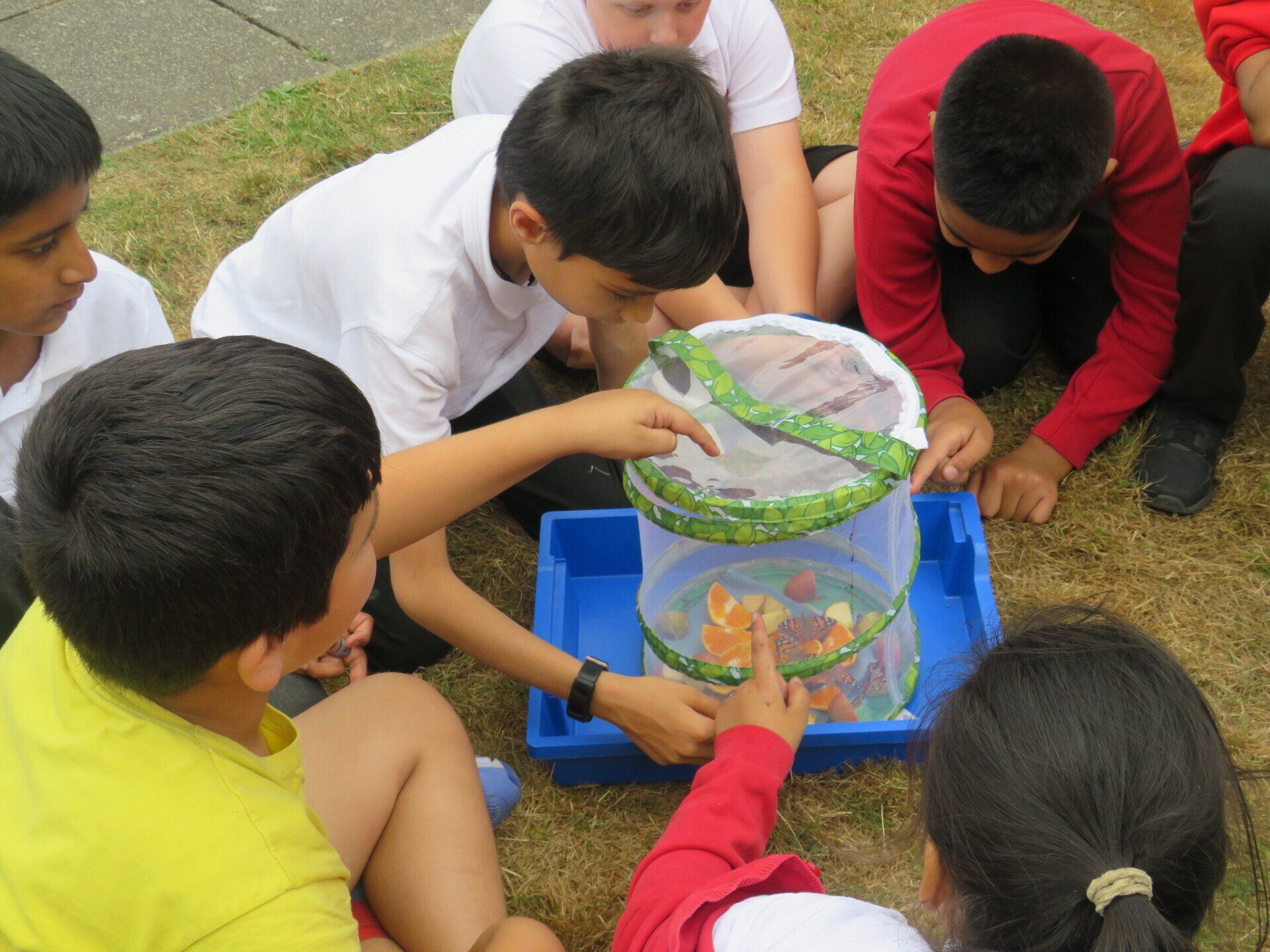Slide title
Write your caption hereButton
Science
INTENT
Our science curriculum is designed to be a stimulating curriculum that nurtures children’s natural curiosity, excitement and their intellectual development. It also incorporates the 4I’s which ensures it is inspiring, interleaved with other subjects including math's and English, inclusive and empowers independence. Pupils in our community are from a diverse and aspirational background, we inspire pupils and focus on building science capital, which ensures our children acquire knowledge, skills, and attitudes to better prepare them for modern life. Studying science at MJS allows pupils to appreciate how new knowledge and skills can be fundamental to solving arising global challenges.
Our pupils:
- develop scientific knowledge and conceptual understanding through the specific areas of biology, chemistry and physics
- develop understanding of the nature, processes and methods of science through different types of science enquiries
- are equipped with the scientific knowledge required to understand the uses and implications of science today and future
- are inspired by their local environment and make use of it
- are encouraged to challenge misconceptions and demystify truths
- critically think, with the ability to ask perceptive questions and explain and analyse evidence
- develop scientific literacy using wide-ranging, specialist vocabulary
- learn about past and current national and international scientists.
IMPLEMENTATION
The school uses the Kapow scheme of work which meet the aims of the National curriculum for Science. Kapow Primary’s Science scheme is a spiral curriculum, with essential knowledge and skills revisited with increasing complexity, allowing pupils to revise and build on their previous learning. A range of engaging recall activities promote frequent pupil reflection on prior learning, ensuring new learning is approached with confidence. The “working scientifically” strand interwoven throughout the scheme to make the concepts and skills relevant to pupils and inspiring for future application.
Each unit is based upon one of the key science disciplines; Biology, Chemistry and Physics.
Pupils explore knowledge and conceptual understanding through engaging activities and an introduction to relevant specialist vocabulary. As suggested in Ofsted’s Science research review (April 2021), the ‘working scientifically’ skills are integrated with conceptual understanding rather than taught discretely. This provides frequent, but relevant, opportunities for developing scientific enquiry skills. The scheme utilises practical activities that aid in the progression of individual skills and also provides opportunities for full investigations.
Lessons incorporate various teaching strategies from independent tasks to paired and group work, including practical, creative, computer-based and collaborative tasks. This variety means that lessons are engaging and appeal to those with different learning styles. Guidance for adapting the learning is available for every lesson to ensure that all pupils can access learning, and opportunities to stretch pupils’ learning are available when required. Knowledge organisers for each unit help to identify prior and future curriculum links to make the scheme as meaningful as possible and reinforce key technical terms.
Strong subject knowledge is vital for staff to deliver a highly effective and robust Science curriculum. Each unit of lessons includes multiple teacher videos and resources to develop subject knowledge, target fundamental misconceptions effectively and support ongoing CPD. Kapow has been created to build confidence amongst teachers who are required to deliver and assess the full Science curriculum and maximise pupil progression. Videos created by subject specialists feature troubleshooting advice for practical work that does not go to plan, suggested questioning and support for tackling misconceptions, as well as recordings of practical tasks that can be utilised as demonstrations in the classroom or to support pupil reflection on their own observations.
Our science curriculum is taught using learning philosophies of DeBono’s Thinking Hats and Blooms Taxonomy.
IMPACT
Our pupils:
- develop the ability to be independent thinkers empowering them to be enthusiastic which enables them to build their science capital to become resilient and enquisitive
- are able to interlink their skills and knowledge to other areas of their learning
- become resilient, independent and curious scientists who ask questions and find things out for themselves
- evaluate and identify the methods that ‘real world’ scientists use to develop and answer scientific questions; using scientific vocabulary in the process
- Identify and use equipment effectively to accurately gather, measure, record and analyse data and be able to convey data in a variety of ways
- Use evidence to formulate explanations and conclusions
- have an awareness of the full range of scientific careers and pathways available to them and will be keen to pursue STEM subjects at secondary school.
- leave for secondary school equipped with the science knowledge and skills needed to succeed in their further education.
To view the Manor Junior School Privacy Notice please click here
Documents on our website are freely available in alternative formats - please contact the school office using the details below.
Address
Manor Junior School
Sandringham Road
Barking, Essex
IG11 9AG
Phone
T: 020 8270 4641


